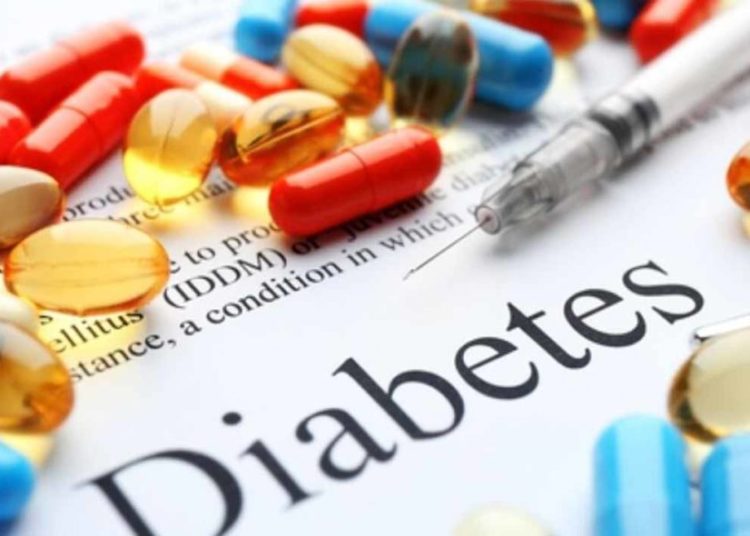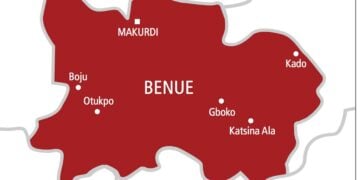Diabetes patients have continued to lament the high cost of treatment as the government looks away.
According to the National Action Plan on Sugar Reduction Coalition, diabetes patients spend at least N300,000 yearly on treatment.
A diabetes patient at an event to mark this year’s World Diabetes Day, themed: “Know Your Risk, Know Your Response” in Abuja, Don Ejiro, lamented that accessing drugs has now become a terrible experience with some diabetes medicines now costing four times as much as they used to at the beginning of the year.
The director of the Centre for Diabetes Studies at the University of Abuja Teaching Hospital. Prof. Felicia Anumah, who also spoke at the event, said as a result of increased inaccessibility to medicines, more diabetes complications are impending; more strokes, more kidney failures and more gangrenous limbs, leading to more amputations.
World Diabetes Day is commemorated on November 14 to raise awareness of diabetes as a global public health issue.
Also speaking at the event, the president of the Diabetes Association of Nigeria, Dr Alkali Mohammed, noted that diabetes care is mostly out-of-pocket, saying “if you add the total costs of all the complications and how it affects any part of the body, that adds to the cost.
“Then the second component is the fact that people become less productive when they lose their eyesight or when they are sick, they don’t go to work.
“If the head of the family or if the mother is diabetic, and she cannot see, some members of the family that could have been productive elsewhere would be tied down to supporting them. So it has a multi-factorial component, and the amount could be more than that.”
According to him, an estimated 11.2 million Nigerians are living with diabetes, and over 90 per cent of them have type 2 diabetes.
He therefore called for an increase of tax on Sugar Sweetened Beverages (SSBs) from 10 percent to 20 percent.
“The tax will also raise some revenue for the government. Now, where we have a slight issue with the government is the fact that the government has not defined the utilisation of the 10 percent taxes that have been collected for a year, it is added as part of the general increase of revenue in the country.
“The government does not fund the control and management of NCDs, including diabetes due to what they termed as paucity of funds. What we are saying is that the money generated, at least 60 per cent of it should be dedicated to increasing public enlightenment, prevention, subsidising of drugs, especially for diabetes patients, and enrolling some Nigerians with NCDs in the health insurance scheme,” he said.
The secretary to the Diabetes Association of Nigeria, Comrade Bernard Enyia, called on the government to increase taxes on sugar-sweetened beverages, staff state health ministries with diabetes desk officers and remove tariffs on diabetes treatment goods.
He also called for free diabetes screening in public facilities adding that tax revenue be channeled towards subsidizing diabetes care.











